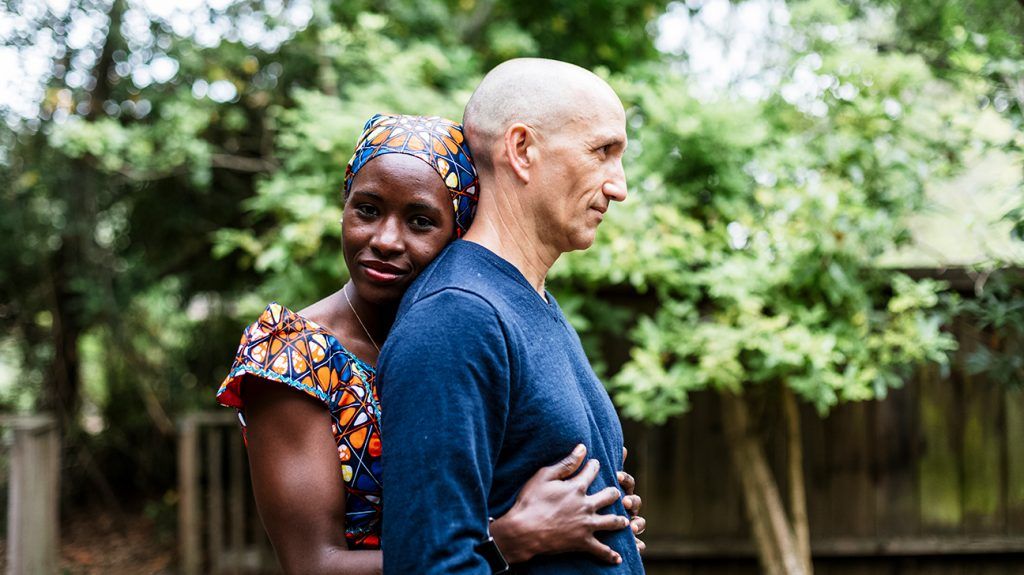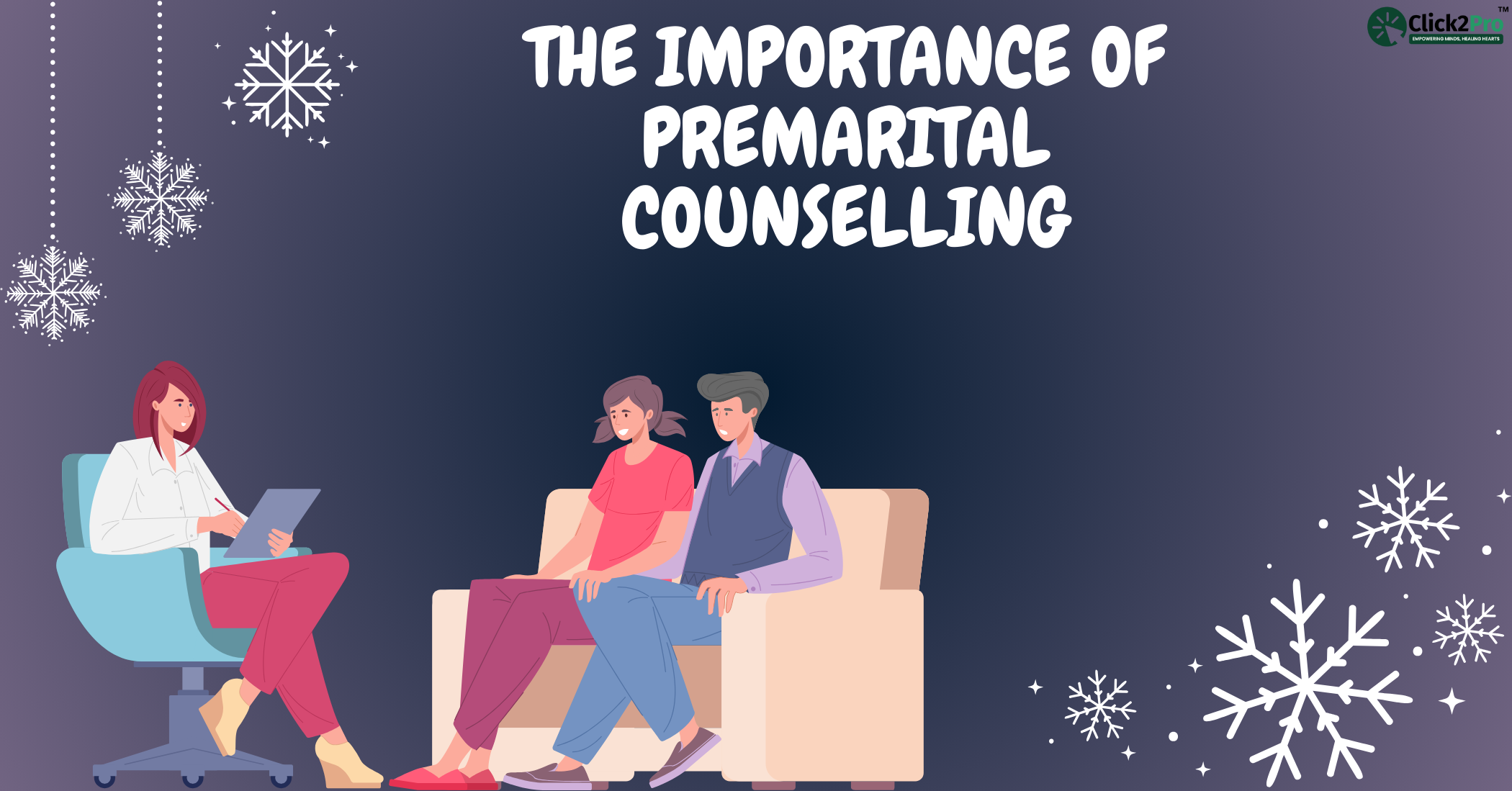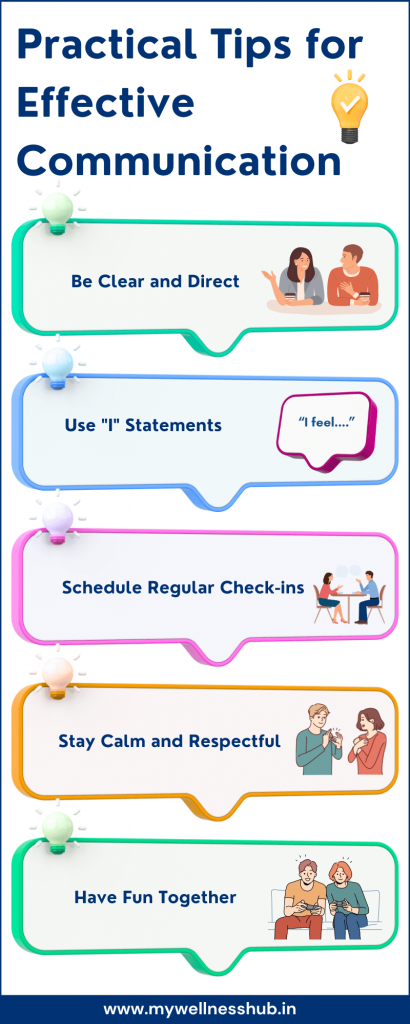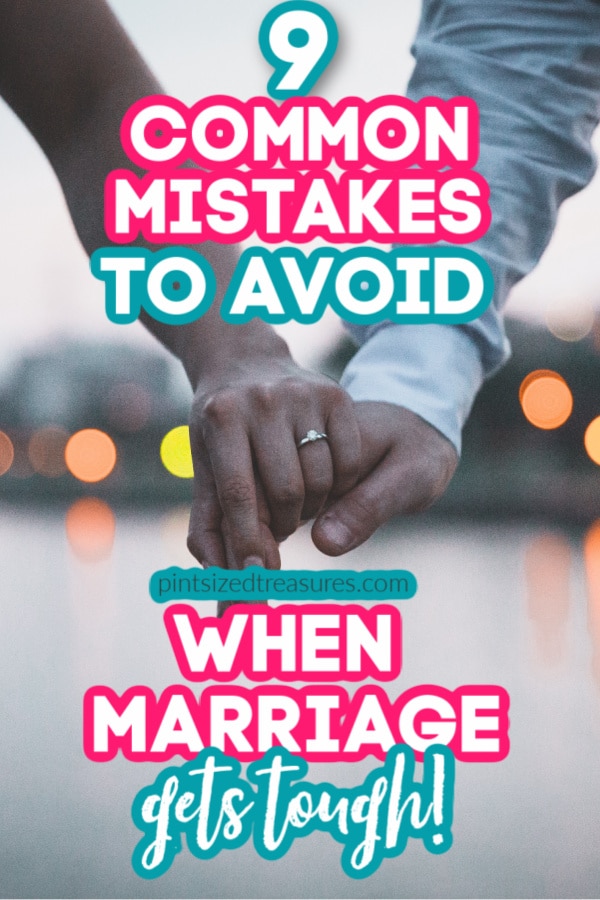

Embracing Evolving Love: Navigating Relationship Changes for Marriage Growth
Estimated Reading Time: 8 Minutes
“Love evolves over time, and embracing that evolution is the secret to a lasting relationship.” — Unknown
Introduction
Evolving love is the journey couples embark on as their connection deepens and transforms over time. It's an essential part of any romantic relationship and a crucial element for marriage growth. In this fast-paced world, it's important to recognize that changes are not only natural; they can actually strengthen the bonds between partners. When we embrace the idea of evolving love, we can navigate these changes effectively and foster a healthier, more enduring partnership.
In this post, we will discuss:
- What evolving love really means.
- The stages of love and how they affect relationships.
- Signs that indicate relationship change.
- Practical strategies to embrace these changes, encouraging growth in marriage.
Let’s dive in!
1. Understanding Evolving Love
Defining Evolving Love
Evolving love is all about the process through which our romantic feelings, attachment, and partnerships transform over the years. Rather than remaining stagnant, love develops, moving through different stages that deepen emotional intimacy and understanding. This evolution is a beautiful journey of human experience that allows couples to grow closer. Science of People
The Stages of Love
Most experts agree that love has several key stages that provide a framework for understanding how relationships progress:
- Attraction: This is where it all begins! That initial spark is driven by physical chemistry and a rush of hormones. You want to be around each other all the time, and everything feels exciting.
- Romance: Often referred to as the honeymoon phase, this stage is marked by bliss and idealization. You tend to overlook each other’s flaws and prioritize spending time together. Breeze Wellbeing
- Disillusion: As reality sets in, you may start to feel disillusioned when you notice flaws and differences in your partner. This stage offers an opportunity for authentic connection as you work through these issues. The IPS Project
- Attachment: Here, deeper bonds begin to form. Trust, comfort, and shared life goals characterize this stage, allowing you both to feel secure in your relationship. Love at First Fight
- Stable/Mature Love: Finally, you arrive at a calm, secure partnership built on mutual respect and shared growth. This stage is characterized by a deep understanding and acceptance of one another, allowing you to support each other through life’s ups and downs. Breeze Wellbeing
It's important to note that these stages are not strictly linear; couples may revisit different stages multiple times throughout their relationship, resembling a spiral of ongoing growth rather than a straight path. Love at First Fight
2. The Importance of Marriage Growth
How Evolving Love Contributes to Marriage Growth
Evolving love plays an essential role in promoting marriage growth. Here’s how:
- Enhanced Compatibility: As couples grow together, they learn to adapt to each other's needs and preferences. For example, adjusting routines to make time for each other’s work schedules can create a more harmonious environment.
- Deeper Emotional Intimacy: Working through conflicts together and sharing experiences strengthens emotional bonds. Supporting each other through challenges, such as personal losses, builds a resilient partnership.
- Resilience in Facing Challenges: Couples who grow together are often better equipped to tackle life’s obstacles. For instance, facing financial hardships together can bring you closer as a team. Science of People, Love at First Fight
Examples of Couples Who Navigated Evolving Love Positively
- Case Study 1: Consider a couple who rekindled their connection by exploring new hobbies together after their children left home. They discovered new aspects of each other, which strengthened their bond.
- Case Study 2: Another example could be partners who attended couples therapy to address communication issues. By recognizing the need for outside help, they transformed their relationship into one built on stronger understanding and respect.
3. Recognizing Signs of Relationship Change
Common Signs Indicating Evolution in Love
Relationships naturally undergo changes. Here are some common indicators:
- Changes in Emotional Intensity: The passionate highs of early love may settle into a more profound, steady affection marked by comfort and security.
- Emergence of New Interests or Goals: Partners may develop individual hobbies or career aspirations while also setting new joint goals, such as planning a trip or starting a family.
- Navigating Disagreements: While conflicts may arise, they can be viewed as opportunities for growth, helping couples develop better conflict resolution skills over time.
- Shifts in Communication Patterns: Instead of constant chit-chat, couples may transition to richer, more meaningful conversations. Adapting communication styles to better understand one another is essential. Science of People, The IPS Project
Recognizing these signs early can help couples address issues proactively. For more insights on identifying potential challenges, check out Recognizing Relationship Red Flags: How to Identify Toxic Traits and Warning Signs.
Positive and Challenging Changes Couples May Experience
- Positive Changes: These could include increased trust, mutual respect, and a greater appreciation for each other's individuality.
- Challenging Changes: Conversely, feelings of stagnation or diverging interests might lead to less shared activities and experiences.
Encouraging Open Dialogue About Changes
Open discussions about feelings and observations are crucial for maintaining a healthy relationship. Here are some practical techniques:
- Regular Check-Ins: Set aside time to talk about your feelings and any changes you’ve observed in your relationship.
- Active Listening: Practice listening without judgment, as this fosters an environment of safety and honesty. Mastering Marriage Communication: Tips for a Stronger, Lasting Relationship
4. Embracing Evolving Love and Relationship Change
Strategies for Couples
To navigate evolving love successfully, consider the following strategies:
- Encourage Communication: It’s vital to be honest about feelings and perceived changes in the relationship. Using "I" statements can help express feelings without placing blame. Mastering Marriage Communication: Tips for a Stronger, Lasting Relationship
- Suggest Activities to Foster Connection and Intimacy:
- Date Nights: Regularly scheduled time just for the two of you can help rekindle that spark.
- Shared Hobbies: Discover activities you both enjoy, like cooking classes or hiking, to cultivate joy together.
- Travel Experiences: Exploring new places can create lasting memories that strengthen your bond.
- Discuss the Value of Adaptability: Emphasize the importance of being open to growth.
The ultimate goal is to cultivate a growth mindset. Viewing challenges as opportunities to enhance your partnership ensures a healthy dynamic as you go through the ups and downs of life. Science of People, Love at First Fight
5. Overcoming Challenges Associated with Evolving Love
Acknowledging Difficulties Couples May Face
Changes in a relationship can sometimes lead to difficulty. Here are a few common challenges:
- Misaligned Expectations: One partner may desire different things in life, like wanting children versus not wanting them. Essential Premarital Discussion Topics for Building a Strong and Lasting Marriage
- Emotional Withdrawal: When changes happen, partners might pull away due to fear or miscommunication.
- Feeling Stuck or Disconnected: Sometimes, the routine becomes mundane, leading to boredom or feelings of entrapment.
Tips for Maintaining a Strong Bond
Here are practical strategies to maintain your connection even in tough times:
- Seeking Professional Help: Relationship counseling can provide valuable tools for better communication and can help resolve conflicts effectively. Conflict Resolution Strategies: How to Fight Fair and Communicate Effectively in Relationships
- Practicing Patience and Understanding: Remember that change takes time. Being empathetic to your partner's feelings can go a long way.
- Reaffirming Commitment: Consistently express love and appreciation. Revisiting your shared goals and dreams can reignite the passion in your relationship.
Importance of Self-Care
Encouraging individual well-being contributes positively to the relationship as well. Remember to care for yourself through:
- Personal Hobbies: Engaging in your interests can add joy to your life.
- Mindfulness Practices: Stress management techniques can help maintain a balanced mindset. Science of People, Love at First Fight
Conclusion
In summary, evolving love is a natural and beautiful part of any relationship. Embracing this progression can significantly enhance marriage growth. Though relationship change is inevitable, it can serve to strengthen the bond between partners rather than weaken it.
Think of evolving love as an opportunity for a deeper connection. When changes arise, view them as a positive force in your relationship, helping you both grow together.
“Love isn't about never changing; it's about growing together and embracing the journey of evolution.”
Call to Action
We want to hear from you! How have you navigated changes in your relationship? What strategies have you found helpful in embracing evolving love? Share your experiences in the comments below!
For further exploration, check out books like "The Five Love Languages" by Gary Chapman or "Mating in Captivity" by Esther Perel. You can also read more on understanding the stages of love through this article: Science of People.
Engage in these discussions, set relationship goals, or even consider attending workshops together to enrich your journey through evolving love and relationship change. Let's grow together!
Love Relationships Marriage Growth
-
 How Engagement Party should be celebrated
How Engagement Party should be celebratedLeonard Bernstein
-

-

-

-
 What to include in my Wedding Website
What to include in my Wedding WebsiteDream Wedds
-
 Elevate Your Haldi and Mehandi Ceremony Glam
Elevate Your Haldi and Mehandi Ceremony GlamNeeraj Singh
-

-

-

-

-

-

-

-
-
 The Ultimate Wedding Planning Checklist for Indian Weddings
The Ultimate Wedding Planning Checklist for Indian WeddingsSimranpreet Singh
-
-

-
 YOUR BIO AND HOW WE MET
YOUR BIO AND HOW WE METLeonard Bernstein
-

-

-

-
-

-
 A Guide to Health, Wellness post Marriage
A Guide to Health, Wellness post MarriageSaujanya Bose
-

-

-

-

-

-

-

-
 Selecting the Perfect Foundation Shade: Your Ultimate Guide
Selecting the Perfect Foundation Shade: Your Ultimate GuideDreamWedds Team
-

-
-

-
 Fade Dark Spots: Natural Remedies and Tips for Clearer Skin
Fade Dark Spots: Natural Remedies and Tips for Clearer SkinDreamWedds Team
-

-
 Personal Space: The Key to a Healthy and Balanced Marriage
Personal Space: The Key to a Healthy and Balanced MarriageDreamWedds Team
-

-

-

-

-

-

-

-

-
 The Ultimate Guide to Achieving Long-Lasting Bridal Makeup
The Ultimate Guide to Achieving Long-Lasting Bridal MakeupDreamWedds Team
-
 Health and Wellness for Brides and Grooms
Health and Wellness for Brides and GroomsDreamWedds
-

-

-

-
-
:max_bytes(150000):strip_icc()/Kitzcornermedium-c9abd848ea634040a06bb6db8b8a7304.jpg)
-

-

-

-

-
 Makeup Basics: Essential Cosmetics Every Beginner Should Own
Makeup Basics: Essential Cosmetics Every Beginner Should OwnDreamWedds Team
-

-

-

-

-

-
-

-
 Virat & Anushka: A Fairytale Wedding to Remember!
Virat & Anushka: A Fairytale Wedding to Remember!Yashashvi Mathur
-

-

-
 The Importance of a Bridal Makeup Trial for Your Wedding Day
The Importance of a Bridal Makeup Trial for Your Wedding DayDreamWedds Team
-

-

-

-
 Effective Natural Skincare Remedies to Reduce Pore Size
Effective Natural Skincare Remedies to Reduce Pore SizeDreamWedds Team
-







